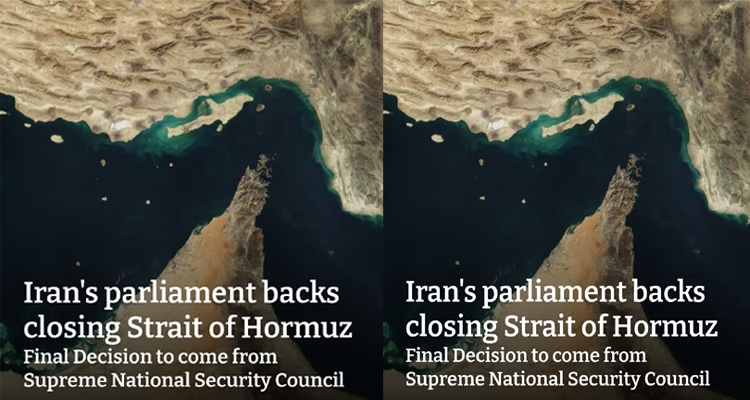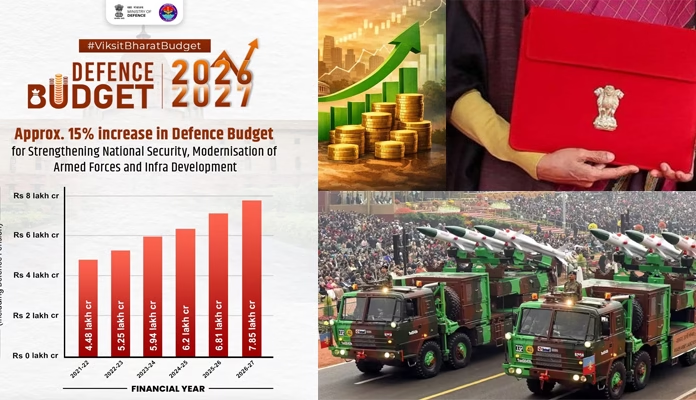
Tehran: Amid rising tensions in the Middle East following U.S. airstrikes on Iranian nuclear facilities, Iran’s parliament has approved all preliminary measures to shut down the strategic Strait of Hormuz, a key global energy chokepoint. The decision, while approved by lawmakers, awaits final clearance from Iran’s Supreme National Security Council, the country’s top decision-making body on defense and foreign policy.
According to Iranian media, Esmaeil Kowsari, a senior member of the Iranian Parliament’s National Security and Foreign Policy Committee, confirmed the move. Speaking to Press TV, he said, “The Majlis has reached a consensus to close the Strait of Hormuz in response to American aggression and the silence of the international community.”
However, Kowsari noted that the final decision lies with the Supreme National Security Council, which is expected to review the parliament’s recommendations soon.
Iran’s parliament has approved a measure to close the strategically vital Strait of Hormuz, a key global oil shipping route, following US strikes on Iran’s nuclear sites, state-run Press TV reported on Sunday.
Major General Kowsari, a member of the parliament’s National Security… pic.twitter.com/tXUI8MJUWi
— Iran International English (@IranIntl_En) June 22, 2025
A Strategic Artery at Risk
The Strait of Hormuz, which links the Persian Gulf to the Gulf of Oman and the Arabian Sea, is one of the most vital maritime routes in the world. Around 20% of the world’s oil supply flows through this narrow passageway, which is bordered by oil-rich nations including Iran, Saudi Arabia, Iraq, Kuwait, and the UAE.
Experts warn that any closure or disruption of traffic through the strait could spark a global energy crisis, sharply drive up oil prices, and severely impact maritime trade and shipping.
U.S. Operation ‘Devastated Iran’s Nuclear Capability’
The Iranian move comes just days after U.S. President Donald Trump announced precision airstrikes on three key Iranian nuclear facilities — Fordow, Natanz, and Esfahan — claiming the operation was aimed at neutralizing Tehran’s nuclear threat.
U.S. Defense Secretary Pete Hegseth declared the strikes a “spectacular military success.”
“We devastated the Iranian nuclear program. The operation was precise and did not target Iranian civilians or troops,” he told CNN.
President Trump, addressing the nation from the White House, said the strikes were meant to eliminate the nuclear threat posed by what he called the “world’s top state sponsor of terror.” He warned that Iran must now choose between “peace or more tragedy.”
Middle East on Edge
The regional crisis intensified after Israel launched airstrikes last week on Iranian military and nuclear targets, citing concerns over Tehran’s uranium enrichment program. The U.S. intervention followed soon after, in coordination with Israeli forces.
If Iran proceeds with closing the Strait of Hormuz, analysts fear a full-blown international crisis, with ripple effects across global oil markets, supply chains, and diplomatic relations.




